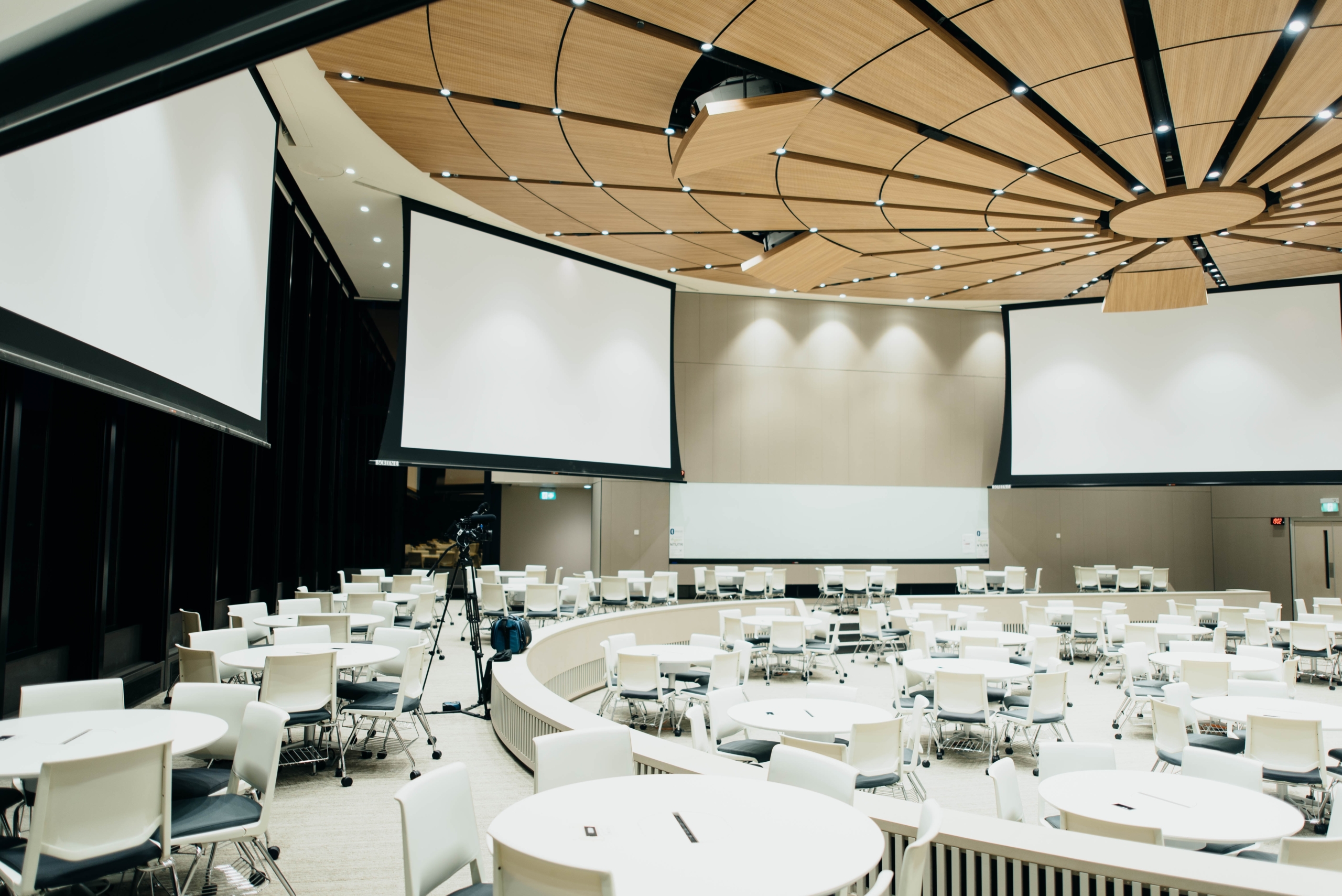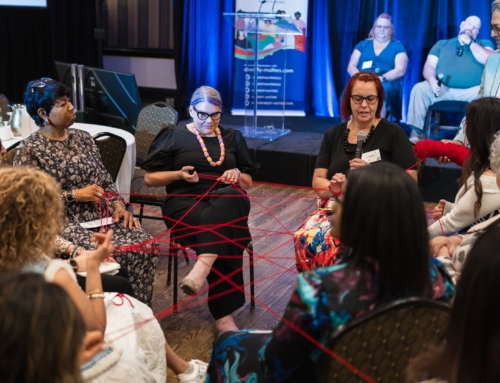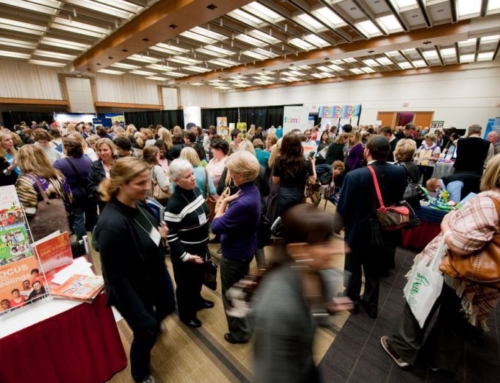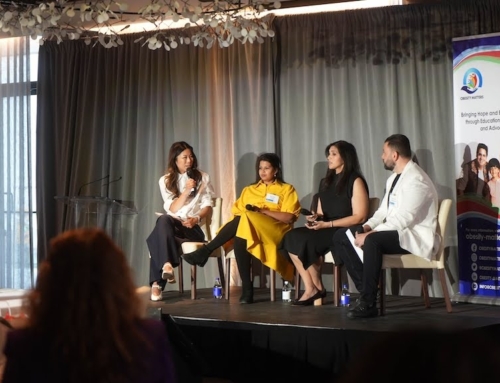Preparing for the Future Landscape of Events
In a post-COVID world, it is clear that events will be very different to how we remember them to be. Whilst the need for in-person interaction and socialising remains strong, current restrictions have had a significant impact on the future landscape of events.
So what changes can we expect to see down the road and how can we prepare for such changes? We share our top three predictions and tips to stay ahead of this ‘new event world’.
A shift in culture and mindset
This pandemic has affected all of us and the truth is, even when the restrictions are lifted and a vaccine is available, event attendees are just not the same any more. This experience has changed many of us and the way we think and feel about attending events is no longer what it used to be. It’s important that we as event planners and producers understand this and adopt a new mindset when planning events in the future. When we finally get back to a new level of normal with in-person events, some people will be comfortable attending like they used to, whilst others will be slower to return, even after we get the green light from health officials. This means we need to rethink our marketing and communications strategies to adjust to this new culture and also ensure people understand what measures are in place, to ensure their safety.
How to prepare:
- Be transparent about your plans and share layouts with your audience to show how you have prepared for physical distancing.
- Create a dedicated section on your event website to address COVID related concerns and provide answers to frequently asked questions.
- If resources allow, consider adding a dedicated communication channel for those that may have further questions regarding health and safety at your event.
- Stay up to date with the guidelines provided by CDC and health officials, reference these on your event website to show your compliance and understanding.
- If you plan to generate revenue from ticket sales, adjust your revenue targets to reflect realistic goals and create opportunities for new ways to engage both in-person and virtual audiences.
- Choose your words wisely. Copywriting is an art, take time to develop wording for your promotions that are sensitive to this new culture.
Virtual is here to stay and the future is hybrid
As we all navigate this turbulent time, virtual events continue to compete for attention and attendance with many organizations now having successfully delivered a virtual event, for the first time. This has been an incredible opportunity for us all to really embrace this method of event delivery and realise it’s full potential. Event platforms will continue to evolve and become more and more sophisticated, and fast, so there will always be options available to consider. Whilst virtual events can never replace an in-person experience, we can expect to see more hybrid events going forward, which will involve in-person and virtual elements. Not only will this help address differing comfort levels of attendees, but there is also an opportunity to maintain the full potential of virtual events and use digital elements to further enhance the overall event experience. This means it’s important to understand what it takes to host a successful hybrid event now, so you can continue to deliver a truly engaging and consistent experience.
How to prepare:
- Familiarize yourself with virtual platforms and explore the different features and packages available.
- Always explore ideas to keep audiences engaged in virtual experiences and adapt programming accordingly.
- Plan from the attendee perspective to ensure the best possible user experience.
- Expand your marketing plans to build a wider network and keep the conversation going online, even after the event is over.
A change in revenue models
As the current COVID situation evolves, it’s important that we understand new spending habits and the different streams of revenue associated with events. With many organisers forced to rethink their pricing and ticketing strategies for virtual experiences, there has also been a shift in the response to event sponsorships and exhibitor sales, particularly since these are valued heavily on the interaction with event attendees and in-person connections. There are pros and cons to virtual events but as organisers start to build momentum with successful virtual experiences and expand their reach with wider, global audiences, they will soon see an increase in the size of their audience. This is gold dust for events and when hybrid events take-off, it will equip organisers with new sponsorship opportunities and the potential to charge more, due to the increased exposure, not to mention the additional data and analytics collected via virtual platforms.
How to prepare:
- The first step is to master the art of producing successful virtual and hybrid events, work towards building a wide audience.
- Master your understanding of virtual event reporting and analyze data captured so that you can use this to your advantage and adapt plans accordingly.
- Create a list of benefits to sponsors and exhibitors and look for ways to enhance their return, get creative and brainstorm new ideas.
- Think about the longevity that comes with virtual productions, sponsorships don’t have to be tied to one event day anymore. They just got more valuable.
Ruby Sohi shared these top three predictions with Corporate Meetings Network, read the full article here.
Was this post helpful? If you require help planning your next virtual or hybrid event, get in touch! Let’s explore the possibilities together.
